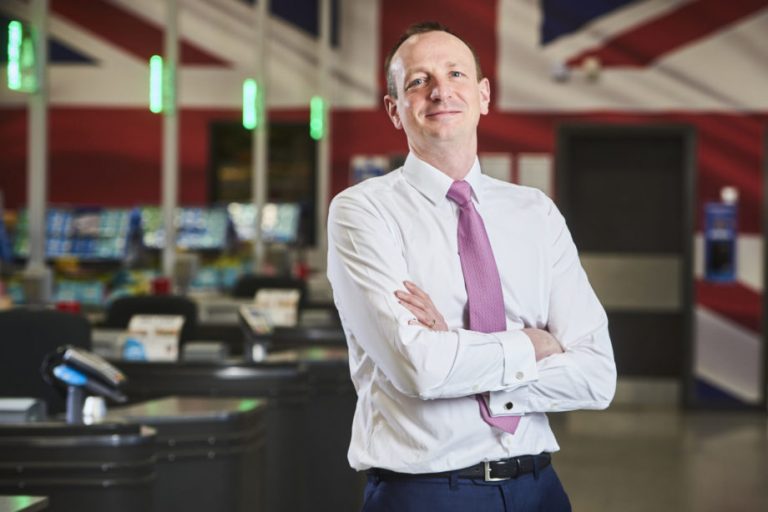A supermarket delivery scheme in Leeds using autonomous robots has already covered 36,000 miles since its launch in 2022, reducing emissions and promoting sustainable delivery methods. The project, a collaboration between Leeds City Council, Co-op, and Starship Technologies, has saved approximately 6,000kg of carbon dioxide, with robots using minimal energy – comparable to boiling water for a single cup of tea.
The service, currently available in select areas of north and east Leeds, operates with six-wheeled robots travelling at walking pace (up to 4mph), navigating pavements and obstacles with ease.
The trial’s success has led to discussions about its expansion, with plans to extend the service to new areas in Leeds. Future pilots could partner with the University of Leeds and logistics company Evri. The initiative remains in the trial phase as the UK government has not yet permitted robots to use public highways permanently.
The pilot service is already operational in Co-op stores in Adel, Tinshill, Kippax, and Swarcliffe. Wakefield Council is also partnering with Co-op and Starship Technologies to offer the service to 13,000 residents in Outwood.












